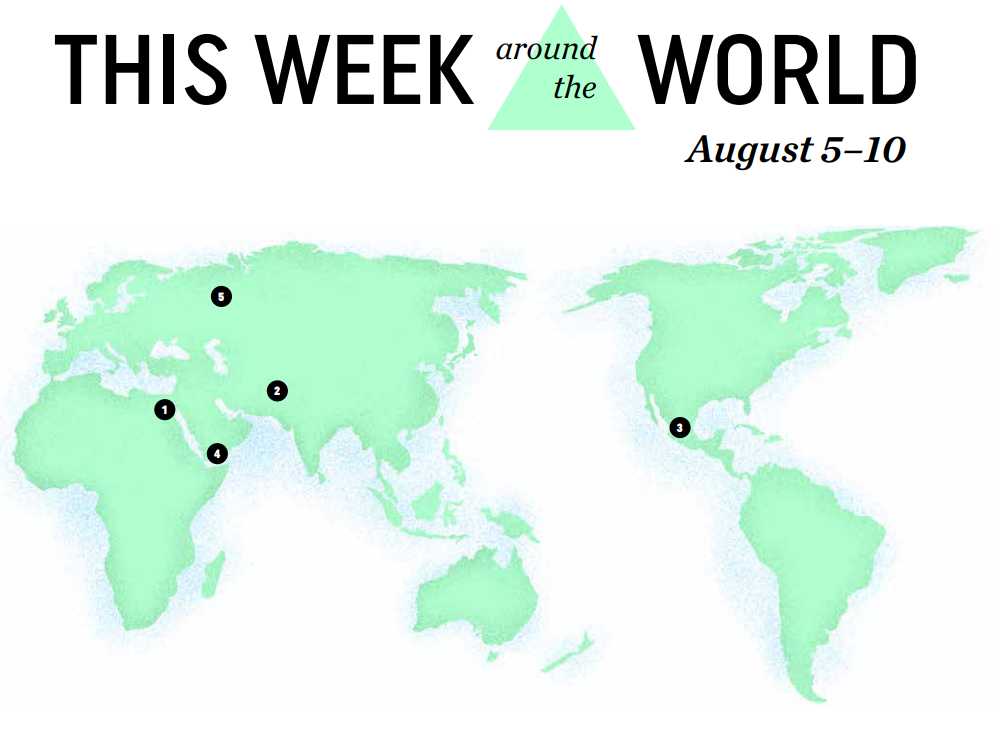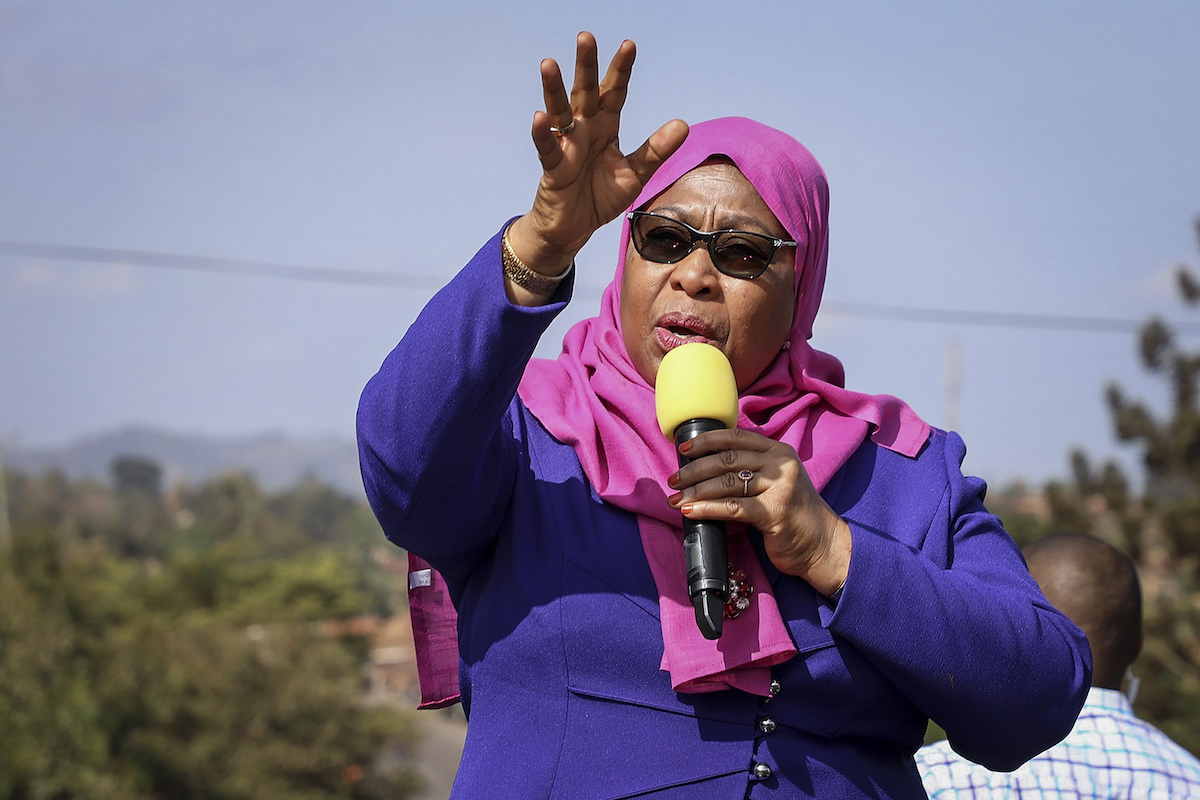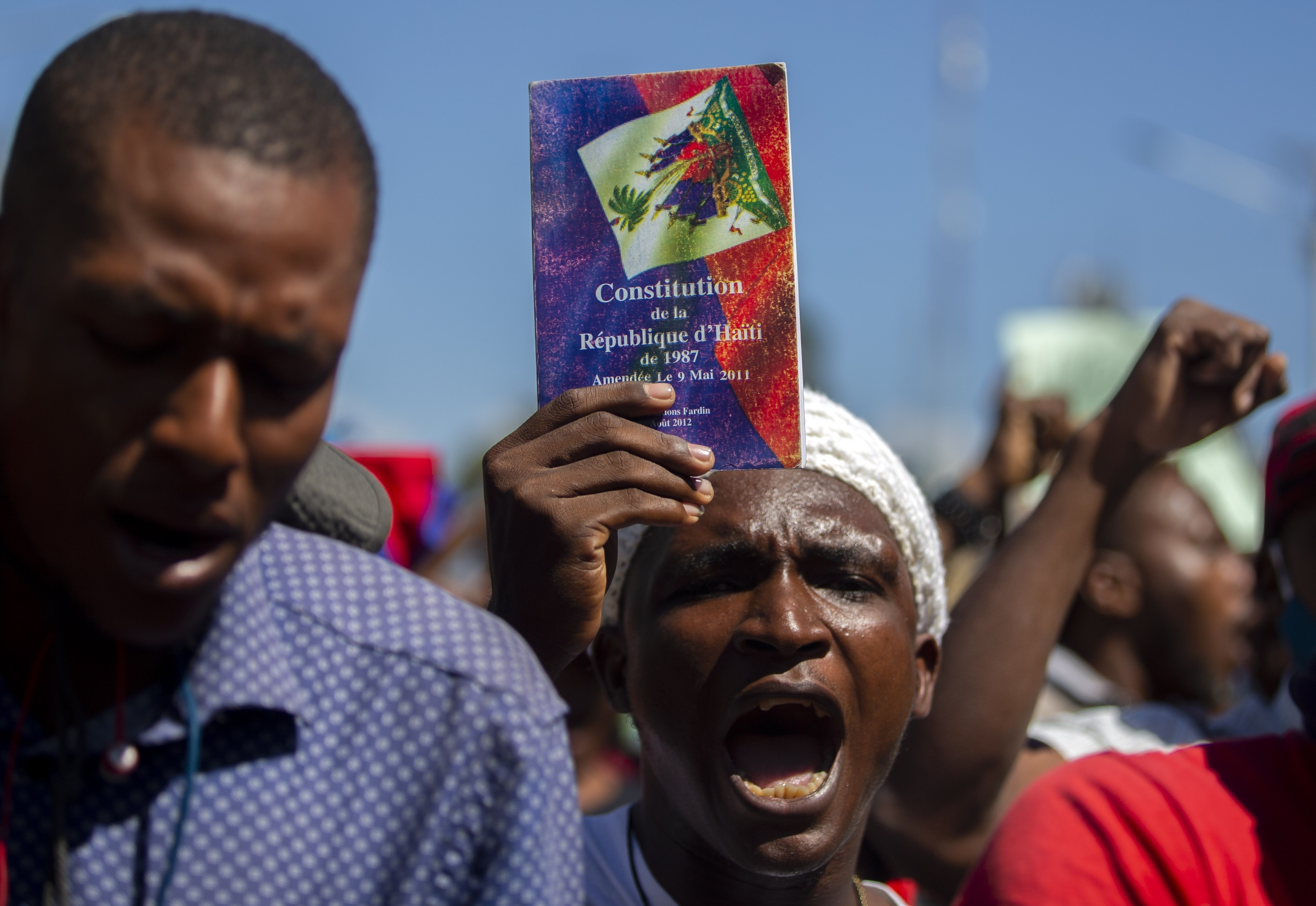Haitian President Jovenel Moïse was killed in his home by a squad of gunmen on July 7, according to AP News.
“Haiti has lost a true statesman,” said Claude Joseph, Haiti’s interim Prime Minister. “We will ensure that those responsible for this heinous act are swiftly brought to justice.”
“The Secretary-General condemns in the strongest terms the assasination of President Moïse of the Republic of Haiti,” wrote António Guterres, the Spokesman for the United Nations Secretary-General. “The perpetrators of this crime must be brought to justice.”
Haitian police have announced that there are currently 28 suspects in Moïse’s assassination as of July 9. Of the 28, 17 people have been apprehended and three have been killed. The police chief announced that, of the suspects, 26 were from Colombia and two were U.S.-Haitian dual-nationals.
Bocchit Edmond, the Haitian ambassador to the United States, said that the attack “was carried out by foreign mercenaries and professional killers” who were impersonating agents of the U.S. Drug Enforcement Administration.
Moïse was a businessman with no political experience when he was picked by former President Michel Martelly as the ruling party’s candidate in the 2015 elections. He was formally elected president in 2016—following allegations of fraud in the 2015 elections—and he pledged to strengthen institutions, fight corruption and bring more jobs to Haiti.
However, his term was riddled with controversy, and the country was heading toward crisis prior to Moïse’s assassination.
Approximately 60% of Haiti’s population make less than $2 a day, and shortages of food and other resources have led to exponential inflation.
Moïse had been ruling by decree since Jan. 2020, after dissolving Parliament. Controversy over the timeline of his term led to conflicts and protests earlier this year.
Joseph, who took over following Moïse’s death with the backing of the military and police, declared a two-week state of siege and closed international borders.
“All measures are being taken to guarantee the continuity of the state and to protect the nation,” Joseph said.
A state of siege puts the country under a type of martial law. The declaration is being questioned on the basis of legitimacy and practicality.
A state of siege can only legally be declared by Parliament. “Legally, he can’t do this,” said Haitian historian Georges Michel. “We are in a state of necessity.”
Haiti currently has a limited parliament. The entire lower house is empty and only 10 of 30 Senate seats are filled as the terms expired over a year ago and new elections have yet to be held.
“Large parts of the country are controlled by gangs, thousands of people are seeking shelter fleeing gang violence,” said Widlore Merancourt, a Haitian journalist. “These men can parade in several main roads while the police cannot do anything because they have more arms than the police.”
In areas controlled by gangs, police and military forces are unable to enforce state of siege rules.
The future of leadership in the country remains unknown. Under the Constitution, the president of the Supreme Court would take over as interim president before the National Assembly selects a new leader. However, the president of the Supreme Court recently died from COVID-19, and, due to the postponement of elections, the legislature is subfunctional.
On June 9, a group of legislators announced that they recognised Joseph Lambert, head of the remainder of Haiti’s Senate, as provisional president, challenging Claude Joseph’s legitimacy, according to Al Jazeera.
The group of legislators also recognized Ariel Henry, whom Moïse appointed to replace Joseph as prime minister a day before his death, as the country’s prime minister, despite not yet taking office.
“There’s only one way people can become president in Haiti and that’s through elections,” Joseph said.
The two top security officials that were in charge of Moïse’s safety are under investigation and are set to appear at hearings scheduled for July 13 and 14.
Haiti’s main opposition party issued a statement denouncing the killing.
“In this painful circumstance, the political forces of the opposition condemn with utmost rigor this heinous crime that is at odds with democratic principles,” the statement read.
Moïse is survived by his wife and three children.
“In the blink of an eye, the mercenaries entered my home and riddled my husband with bullets…without even giving him a chance to say a word,” said Martine Moïse, Jovenel Moïse’s wife, who was critically injured in the attack. “I am crying, it is true, but we cannot let this country lose its way. We cannot let his blood…[be] spilled in vain.”






